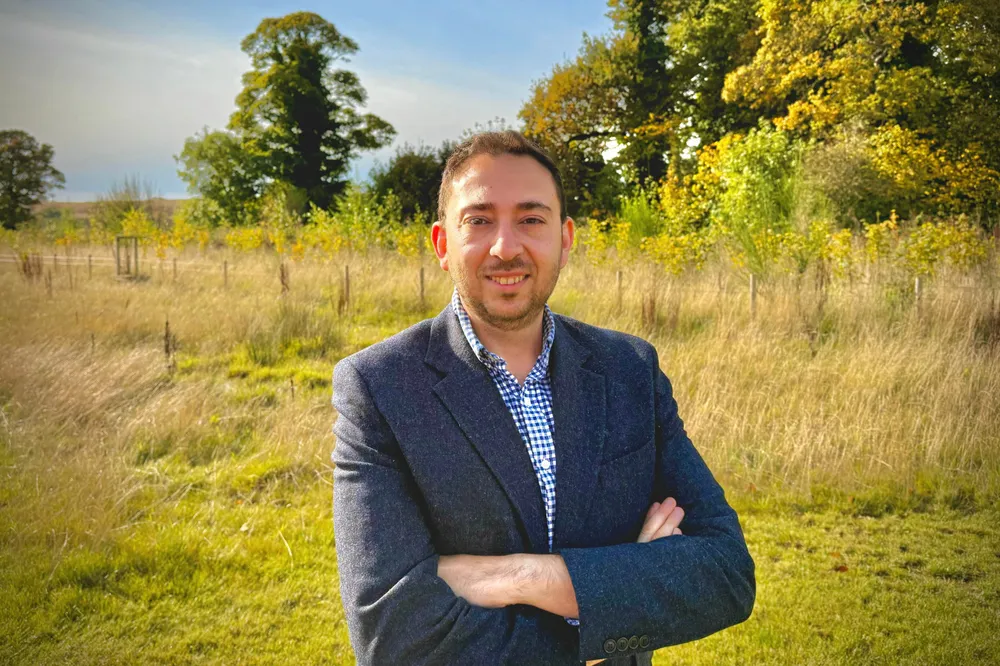Departing Simply Blue chief reflects on offshore wind’s ‘perfect storm’
Sector has ‘gone through a crisis,’ with floating hit particularly hard, but former executive at Irish developer is confident better times are ahead

As Adrian de Andres leaves his role as chief operating officer of offshore wind at Simply Blue for energy consultancy Xodus Group, he reflects on the “perfect storm” that has rocked developers, the exit of oil majors from floating and reasons for optimism.
De Andres this week joined Xodus as director for renewables growth after four and a half years at Ireland-based global developer Simply Blue, where he had been COO for offshore wind since March.
De Andres, who will remain based in Edinburgh in his new role, previously worked at Xodus for almost three years, including as head of offshore renewables development and head of special projects.
Offshore wind has “gone through a crisis,” said De Andres. Developers have responded by “streamlining their operations,” which he said will only increase the importance of consultancies going forward.
“I have been in consultancy, I have been in development. So now coming back to consultancy, I can bring... developers' eyes to it,” he said. “I think that will make me a better consultant.”
The impact has been magnified for floating wind, which has therefore “suffered more,” said De Andres, adding that developers have been “struggling to stack up” business cases for projects.
On top of that, offshore wind has suffered from a lagging grid investment, supply chain challenges and policy delays, he said. This means that “every project is under the microscope.”
Even at deep-pocketed oil and gas giants, De Andres said that “capital is limited” and many of these companies have decided to focus on easier “short-term wins,” which in renewables are onshore wind, solar and – perhaps to a lesser extent – fixed-bottom offshore wind.
There’s no “right or wrong” here, he said. “If that’s their strategy and that’s what their shareholders want, that’s good.”
De Andres noted widespread complaints that the price of floating wind is not going down. His response is always the same: “If you don’t deploy, you won’t get cost reductions.”
In fact, in this economic environment, you’ll get the opposite, he said. Rising interest rates have pushed costs up.
While there is a lot of negativity around offshore wind currently, De Andres is confident the sector will recover, saying it’s important to go back to the “fundamentals”.
“The wind blows at a higher rate offshore. That's not changing.” A lot of countries including the UK also have limited space on land to develop more renewables, he said, so to meet net zero targets they must look to the seas. Finally, offshore projects can be delivered on a scale that simply isn’t possible for many countries onshore.
When interest rates do come down and investor confidence returns, De Andres believes things will improve again.
“Collaboration is key,” said De Andres. “We are looking at multi-billion investment projects and there’s not a single company that has the capability or the risk appetite to deliver them by themselves.”
(Copyright)